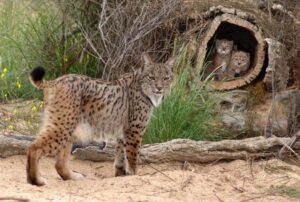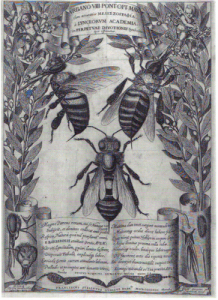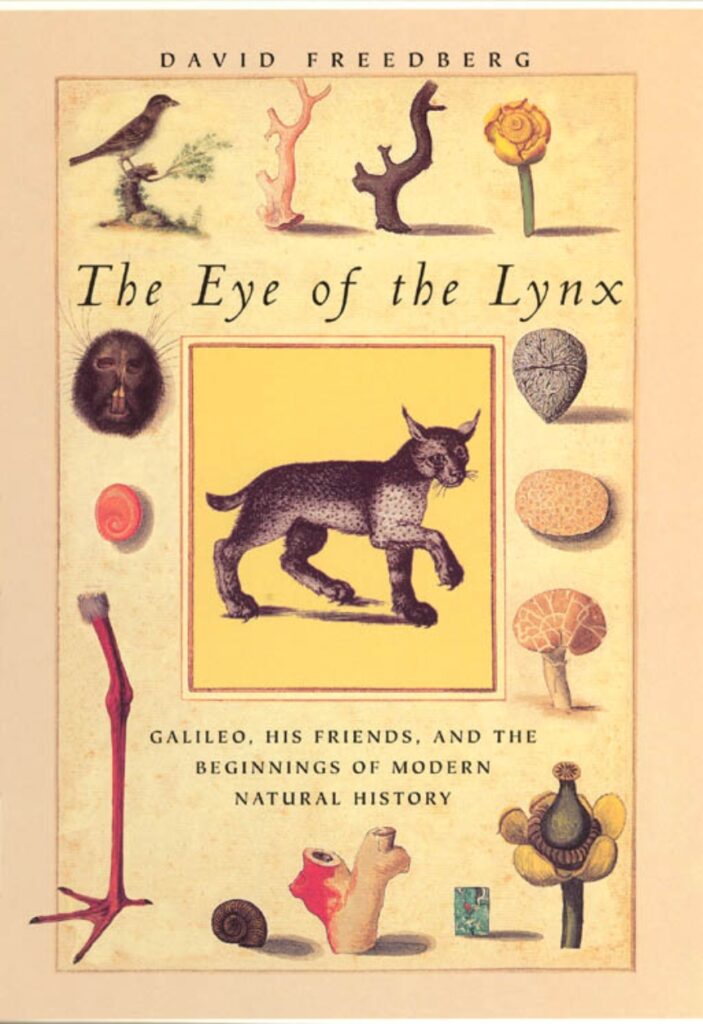The Rare Iberian Lynx

Artwork by Roberto Ribeira for Rare Lynx
The exquisite rare Iberian lynx (Lynx pardinus), who once roamed freely among the olive groves and the cork oak forests of Portugal and Spain, is the most endangered wild cat species on earth. If the lynx goes extinct, it will be the first feline since the saber tooth tiger to suffer that fate. When we began Rare Lynx there was but an estimated 200 living in the wild, while there are now an estimated 2000, the result of successful breeding and conservation efforts which have been implemented over the past 20 years.

The word lynx comes from the Greek “to shine” due perhaps to their beautiful shining golden eyes,reminding us of the golden color and rare quality of our very unique olive oil. And that my friends is why we have chosen this beautiful creature as our moniker, while remembering our own wild nature and the delicate balance of life.
The Lynx Society: Founders of Modern Natural Science

Rare Lynx also pays tribute to the 17th century Academy of Linceans (Lynx-eyed), considered the first founders of modern natural history, Galileo being their most famous member. The Linceans, inspired by the keen eye, stealth, and mysterious nature of the lynx, were devoted to recording their intensive observations of the inner and outer nature of plants, animals and minerals, of the New and Old World, utilizing Galileo’s new instrument, the microscope, through gloriously detailed meticulous drawings.

